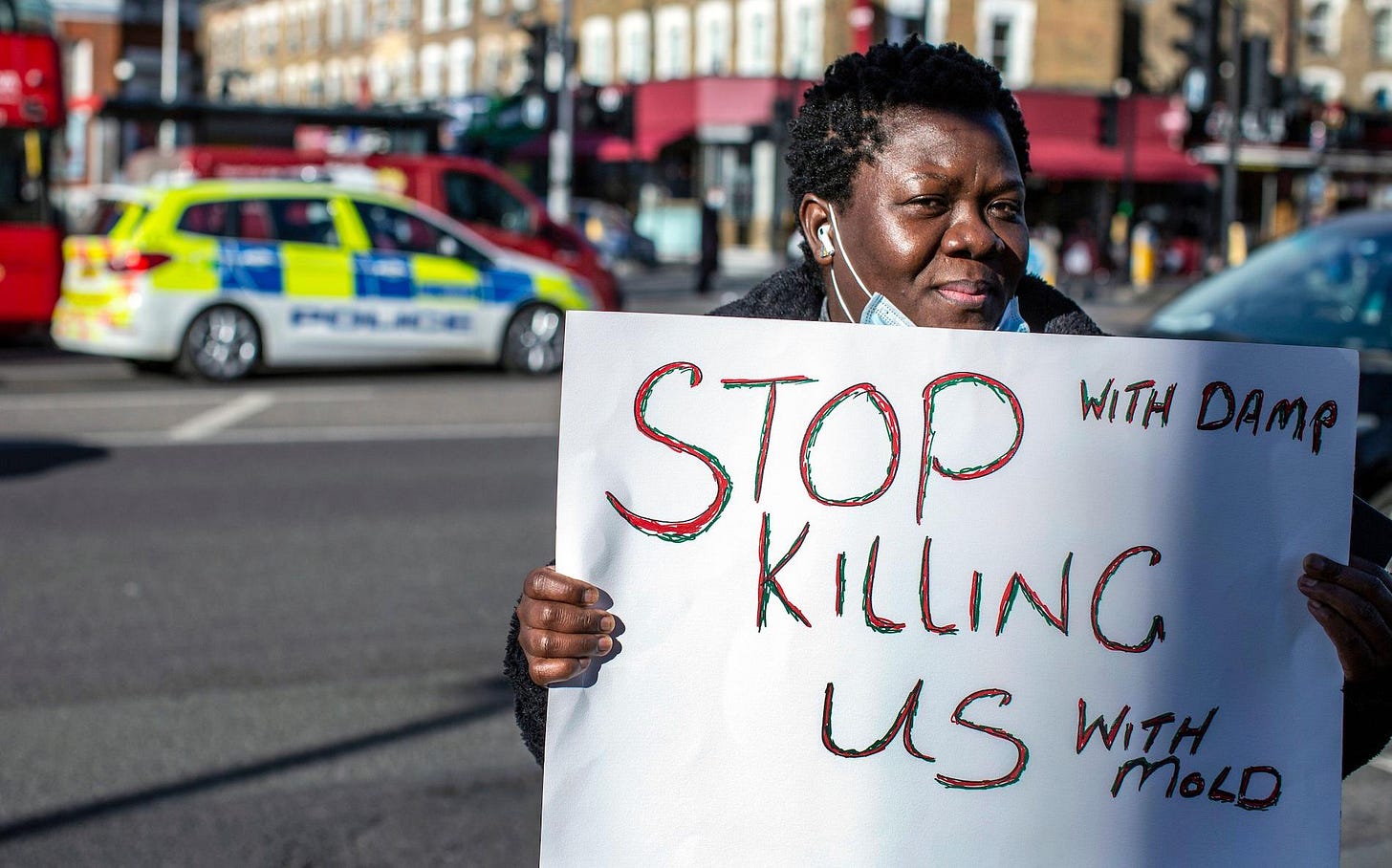A Taxing Problem for the BBC - Keir's ID Confusion - A Disturbing Listen
A look at what's really happening behind the big stories this week
The news this week that the Conservative Party Chairman Nadhim Zahawi has been forced to stump up millions of pounds in unpaid taxes tells us an awful lot about the state of politics and media in the UK.
The story, which was initially broken last weekend, and quickly followed up elsewhere, remained almost entirely untouched by the BBC for days afterwards.
It’s not entirely clear why this was. The initial report was based on unpublished information, and the refusal of Zahawi and the Government to immediately comment upon that information, may potentially have slowed the BBC’s reporting down. However, the story didn’t appear on their news website until some three days after it had been widely reported elsewhere, leaving many to wonder exactly what was going on inside the organisation.
One BBC staffer told Byline Times that the blame lies on a corporate culture that is increasingly reluctant to make any kind of splash. They say that decades of political pressure and criticism, combined with funding cuts, have turned its political news operation, based on Millbank, into into an inherently conservative operation, with a small c.
They say that as a result, the days of the BBC breaking big investigative political stories are long behind it and that even if the organisation had been given a first look at the Zahawi revelations, they would have been unlikely to have reported them first.
Whether or not that’s a fair assessment, it was certainly telling during the Partygate scandal last year that the BBC, with all of its huge resources and contacts inside Westminster, did not break any of the most significant parts of the story and often waited until developments were broken elsewhere before immediately confirming them.
However, the consequence of this apparent reluctance, may be that trust in the BBC is gradually being eroded.
According to new Omnisis polling, commissioned by the Byline Supplement, 43% of voters now say they believe the BBC changes the content of its reporting due to pressure from Government, compared to just 23% who do not.
This suspicion is particularly strong among Labour voters, 46% of whom agree that the BBC bends to pressure from Government, compared to just 26% of Conservative voters who say the same. SNP voters appear to be the least trusting of the organisation, with some 80% agreeing that the Government influences the BBC’s news coverage.
The irony of the BBC’s reluctance to get involved in any big political fight, may be the emergence of creeping doubts about the very impartiality they are trying to protect.
Keir's ID Confusion
The BBC wasn’t the only organisation sitting on the fence this week. Keir Starmer’s continued reluctance to take a clear stand on the issue of trans rights now risks a serious fissure within the Labour party, MPs in the party have told Byline.
The issue, which became centre stage in Westminster this week due to Rishi Sunak’s Government’s decision to block Scotland’s Gender Recognition Reform Bill, has also triggered huge anger among those on both sides of the debate.
Most of the coverage of the row this week has focused on those, like Labour MP Rosie Duffield, who support the Government’s decision to block the bill and are unhappy with Starmer’s failure to back their so-called ‘gender critical’ stance.
However, there is a significantly larger constituency within the party on the other side of the debate who are just as unhappy with the Labour leader’s refusal to take a clear stand in support of trans people.
Starmer’s comments last weekend suggesting he opposed measures in the bill to drop the age for self-ID to 16, went down very badly with many in the party, including those in Scottish Labour who overwhelmingly backed the amended bill in the Scottish Parliament.
One MP on that side of the debate told Byline that relations between LGBT Labour and the leadership were now as bad as they had been “in living memory”.
“If it’s not resolved before the [next vote on this issue] I think this could get very serious indeed”, the MP said.
There were some signs this week that Starmer was rowing back from his earlier criticism of the bill.
Speaking to journalists on Wednesday, his spokesman said that the party could not identify any part of the bill which would threaten single sex spaces - one of the main criticisms from the gender critical lobby.
However, they insisted that despite this, the party was reluctant to either explicitly back, or oppose the bill, without seeing the Government’s own full legal advice.
Yet with such legal advice unlikely to be offered by the Government, Starmer will ultimately have to decide exactly where he stands on this issue.
Unless he does so, he will only continue to upset both sides of the debate, while further placing doubt on the Labour party’s long-standing support for LGBT people.
“If he carries on with this opaque stance then there is going to be a major bust-up in the party”, one MP told Byline.
Mouldy Flat ‘Made my Lung Collapse’
By Adrian Goldberg
North Manchester Coroner Joanne Kearsley left no room for doubt about why two-year old Awaab Ishaak died.
In a ruling last November, she said the toddler lost his life, "as a result of a severe respiratory condition caused due to prolonged exposure to mould in his home environment" - home being a former Council flat rented through Rochdale Boroughwide Housing.
Mould and damp have long been a concern for many social housing tenants, and here was incontrovertible evidence (if any were needed) that it could be fatal.
That set Byline Times’ own Sian Norris on a mission to establish how many others could be at risk, and her findings - though incomplete because of the weakness of Freedom Of Information laws - were damning.
She found that thousands of families - including those with children - were at risk.
The latest Byline Times Podcast - available as a preview on the Byline Supplement - hears from Sian herself and Michelle, a tenant in Bristol, who says that exposure to mould caused her lung to collapse.
It is, we hope, both a lively and disturbing listen.
You can listen to more episodes of the Byline Times Podcast here.




